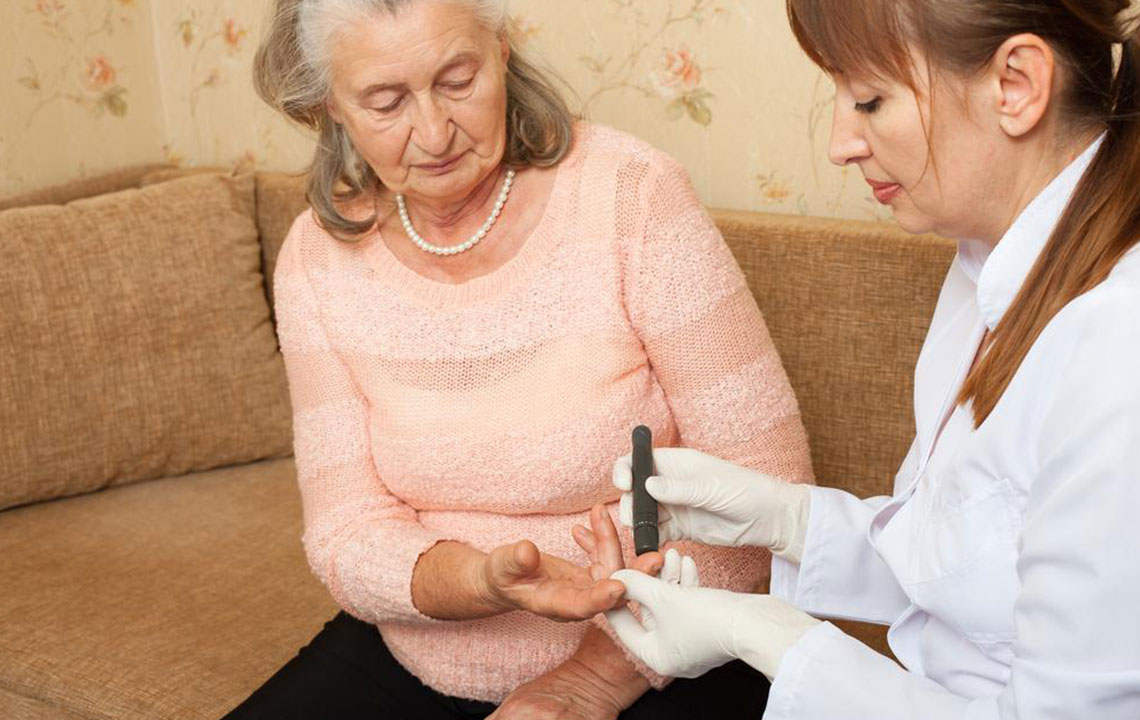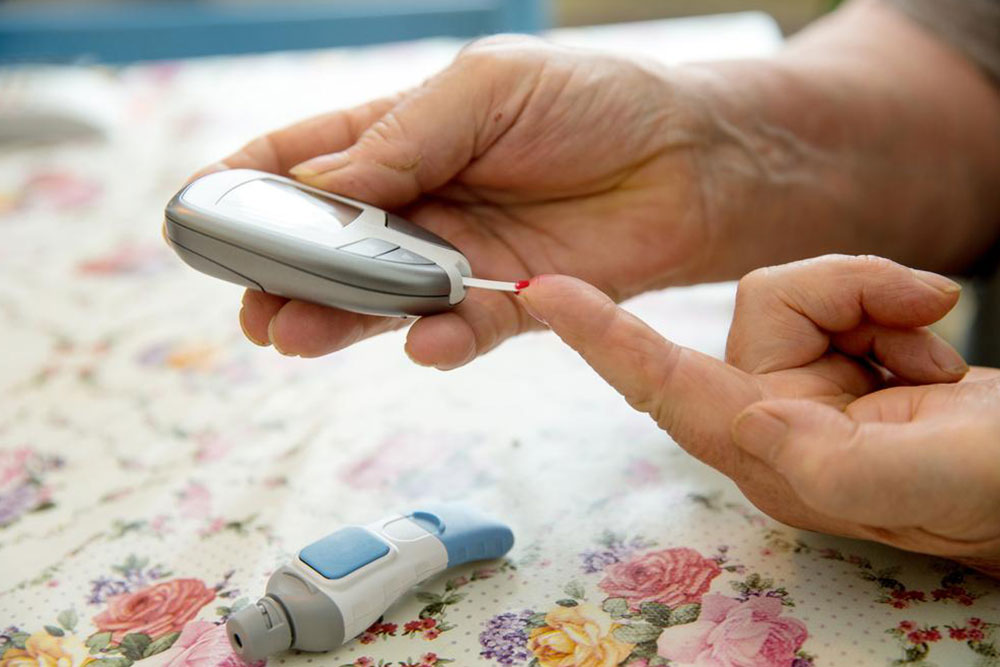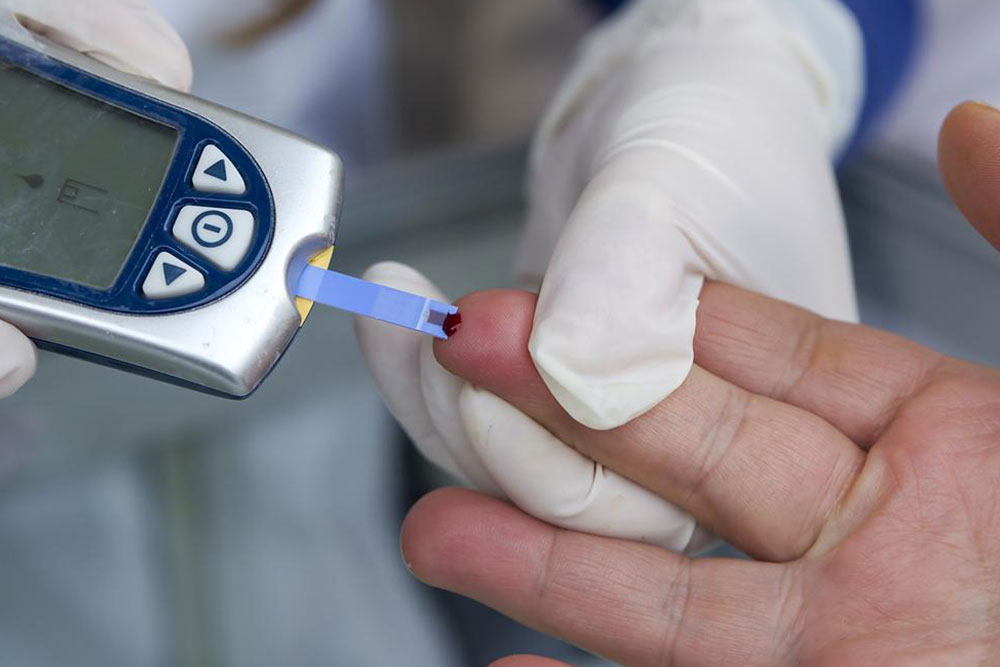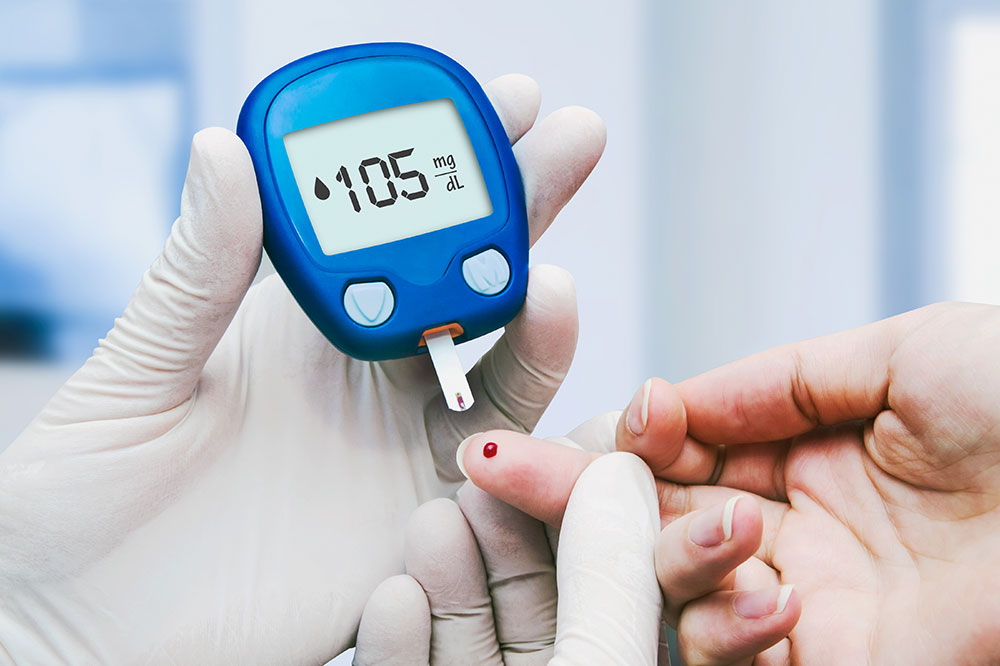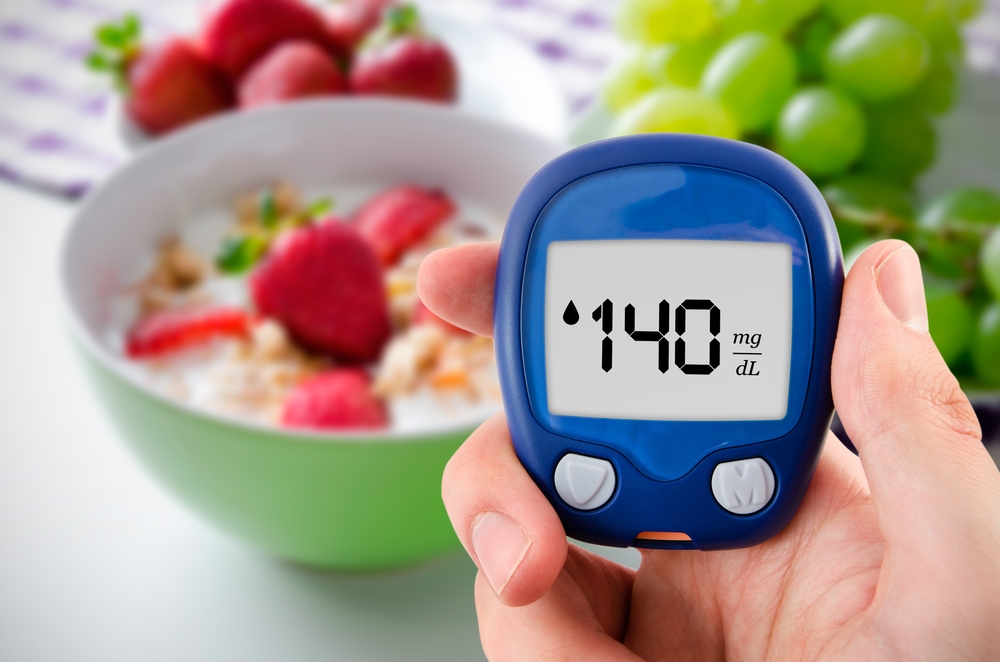Comprehensive Guide to Diabetes: Causes, Symptoms, and Management Strategies
This article offers an in-depth overview of diabetes, covering its causes, symptoms, and treatment options. It highlights the differences between Type 1 and Type 2 diabetes and emphasizes the importance of early diagnosis and lifestyle changes in effective management. Designed to inform readers about this widespread condition, the guide encourages proactive health measures and professional consultation for optimal care.

Comprehensive Guide to Diabetes: Causes, Symptoms, and Management Strategies
Diabetes is a condition where the body either doesn't produce enough insulin or becomes resistant to its effects. Insulin helps transfer glucose from the bloodstream into the body’s cells to provide energy. When insulin isn't functioning properly or is insufficient, glucose builds up in the blood, leading to elevated blood sugar levels. This imbalance hampers cell function and can cause various health issues if left untreated.
High blood sugar can be harmful, depriving cells of energy and damaging tissues. There are two primary types: Type 1, usually diagnosed in youth, and Type 2, more common among adults. Worldwide, over 30 million individuals suffer from diabetes, with many being unaware they have prediabetes.
Type 1 diabetes results from the immune system attacking insulin-producing cells in the pancreas, often diagnosed in children and teens. Conversely, Type 2 is caused by the body's impaired ability to use insulin effectively or produce enough insulin, mainly affecting adults. Obesity and heredity significantly increase the risk of developing Type 2 diabetes. Symptoms such as increased thirst, fatigue, blurred vision, and numbness can appear suddenly in Type 1 but develop gradually in Type 2. Lifestyle modifications and medication are key to managing the condition. While Type 1 requires insulin therapy, Type 2 can often be controlled with diet, exercise, and medications, including insulin if necessary. Early diagnosis and proactive management are crucial in preventing serious complications.
Note: The information provided here is for educational purposes only. Consult healthcare professionals for personalized medical advice. Do not rely solely on the content to diagnose or treat health conditions. Always seek professional help for medical concerns.

